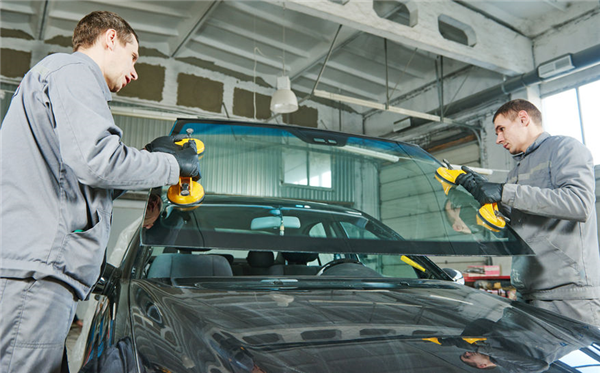Auto Repair Basics: How To Flush Your Radiator
Many people will encounter car issues throughout their day to day life. Unfortunately, most of us do not have the energy, knowledge or time to repair a car on their own. This article contains a number of tips and tricks to help you in repairing your car on your own!
Read your owner's manual thoroughly if you want to save money on auto repair. In this manual, you can find a lot of tips and tricks that can get your car back into gear and save you a trip to the mechanic. Fixing issues on your own can help you in both a practical and monetary sense.
Make sure the oil in your vehicle is changed about every 3,000 miles. Waiting longer for an oil change can result in dirt and debris fouling your oil and that can damage your engine. If you use synthetic oil in your vehicle, you only need to change the filter every other oil change.
Be sure to read your owner's manual to find out what kinds of fluids (oil, brake fluid, transmission fluid, steering fluid) your car needs and to learn how to check and top these off yourself. Keep a few bottles of each fluid in the trunk of your car in case of emergencies.
Always ask lots of questions when you take your car to get repaired. Don't let the mechanic intimidate you. Ask why something needs to be fixed or how it will be done. If the mechanic tries to brush you off, doesn't look at you, or refuses to answer your questions, consider taking your car to someone else.
Do not hover over the technician while they are trying to do work on your car. It is important that you spend time with them to explain what the problem is with your vehicle, but once you have done that, leave them alone so they can do their job without any interruptions.
Take your vehicle to a full service car wash a couple times a year for an extensive cleaning, inside and out. This removes most of the soil and helps preserve the interior of your car. This can pay off when you want to sell or trade your car in for a newer one.
Ask for labor rates or prices before hiring a mechanic. Some fees may not be readily apparent, so make sure you know exactly what they are. Also find out how you are to be billed. Auto repair shops may use the estimated repair time established by certain manufacturers. Some "minor" repairs can take all day according the the estimates of the manufacturer.
Even if you aren't particularly handy, there are a few DIY repairs that almost anyone can do. For example, changing the windshield wiper blades is really just a matter of snapping off one set and snapping on another. Look in your user's manual or use a measuring tape to determine what size you need. Don't be dismayed if the store where you purchase your windshield wiper blades only has one in the right size. You can use one that is an inch shorter on the passenger side of your windshield without causing any problems.
It can't be stressed enough, but you must keep up with your car's routine maintenance. That means changing the oil when scheduled, checking fluids like coolant, and checking the braking system. This can keep repair bills down. In addition, not following the regular maintenance on a car can void the manufacturer's warranty.
Never leave valuables in your vehicle when you bring it to be repaired. It is true that most shops have very trust worthy employees, but not all do, and you do not want to be a victim of theft. Instead, protect yourself by cleaning your vehicle and removing anything that is not attached to the car.
You do not need to purchase a new filter every time you go in to have an oil change. The auto repair person may show you a worn filter next to a new one and claim it is yours, but be firm and let them know that you do not need a new one right now.
Keep an eye on your transmission. If it's performing poorly, it could be the actual component, a plugged filter, or a disconnected hose. Have your mechanic check the simple things first since repairing transmissions can be expensive. Common issues to watch out for are no response or a delayed response when shifting from neutral to drive or reverse, hard or abrupt shifts between the gears, failing to shift during acceleration, and slippage when accelerating.
As was discussed at the beginning of this article, fixing a car can be a very challenging task for many people due to a variety of reasons. However, with the right knowledge and advice, anyone can fix a car much more easily. Apply this article's advice and you'll be on your way to repairing a car by yourself.

